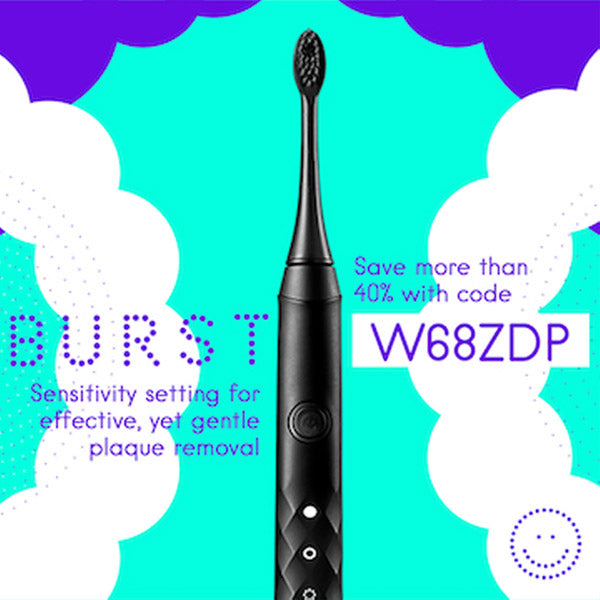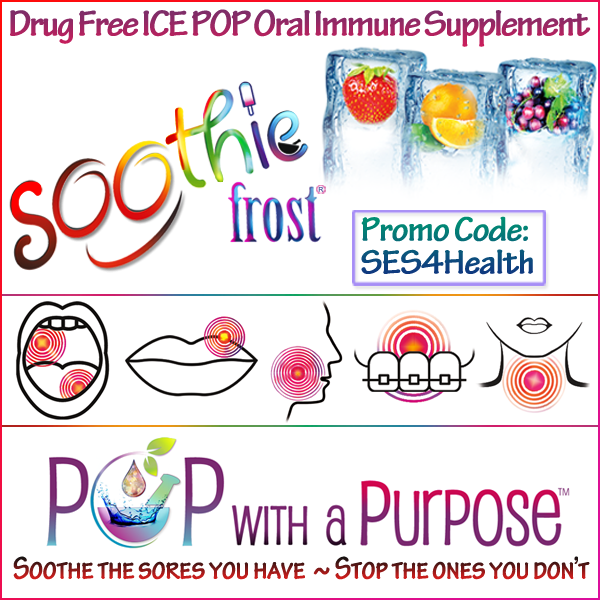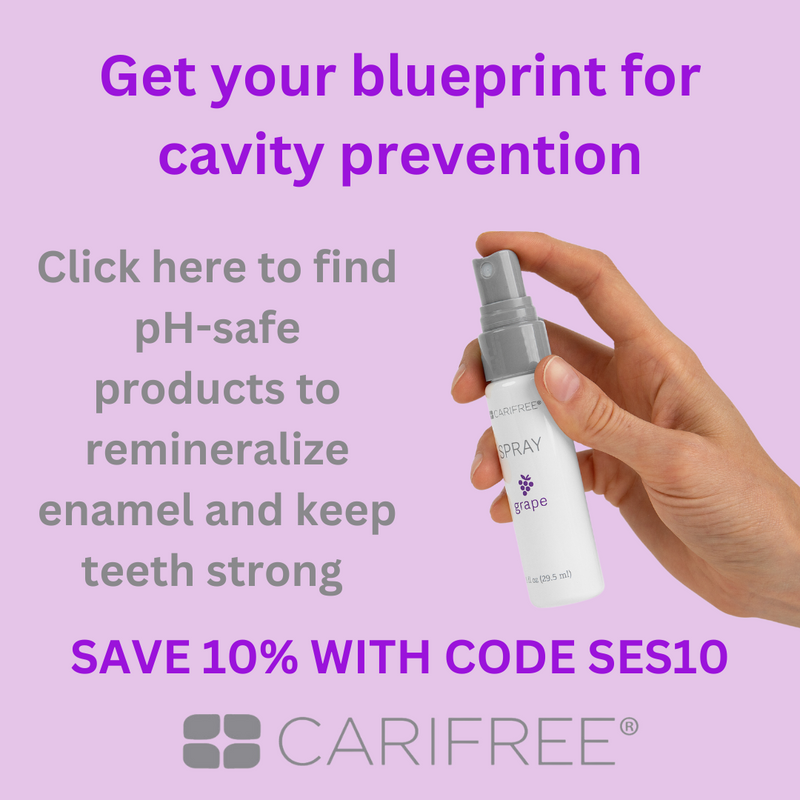Surviving Chemo, Radiation & Meds

Thank you to the makers of Aquoral for contributing the following article:
Dealing With Severe Dry Mouth After Chemotherapy, Radiation & Medications
The journey through cancer treatment is a formidable one, marked by the Herculean efforts of chemotherapy, radiation, and medications. While the focus often gravitates towards the expected side effects such as fatigue, diarrhea and hair loss, one silent but pervasive issue that lingers is Dry Mouth. According to studies conducted by the National Cancer Institute, nearly 40% of cancer patients undergoing treatment experience moderate to severe Dry Mouth, medically known as xerostomia. This article explores the challenges of Dry Mouth after chemotherapy, radiation, and medications, offering insights into its implications and practical solutions.
The Ongoing Battle:
For many cancer survivors, the end of chemotherapy and radiation does not signify the conclusion of their healing journey. Lingering side effects, both visible and unseen, persist. While coping with fatigue, hair loss, and other well-known consequences of cancer treatment, survivors often find themselves grappling with the less-discussed issue of Dry Mouth.
Dry Mouth, or xerostomia, occurs when the salivary glands, essential for maintaining oral health, are damaged during cancer treatments. A study published in the Journal of Clinical Oncology found that radiation therapy targeting the head and neck significantly increases the risk of Dry Mouth. The reduction or cessation of saliva production poses not only discomfort but also a host of potential oral health complications, including an increased risk of cavities, difficulty swallowing, and compromised taste.
Dealing with Medications:
The arsenal of medications prescribed during cancer treatment can further exacerbate the challenges of Dry Mouth. Many medications, such as antihypertensives, antihistamines, stimulants, benzodiazepines, opioids and antidepressants to name just a few, list Dry Mouth as a common side effect. The National Cancer Institute reports that chemotherapy drugs can also contribute to the impairment of salivary gland function.
This dual assault on salivary glands by both treatment modalities and medications underscores the importance of proactive measures to manage Dry Mouth for cancer survivors.
Navigating Dietary Choices:
As survivors confront the impact of Dry Mouth on their daily lives, understanding dietary choices becomes crucial. Certain foods and drinks can either aggravate or alleviate Dry Mouth symptoms. It is advisable to avoid caffeine and alcohol, which can contribute to dehydration. Spicy and acidic foods may also intensify discomfort.
On the flip side, incorporating water-rich fruits and vegetables, sugar-free gum, and lozenges into the diet can help stimulate saliva production. Additionally, using a lipid-based spray like Aquoral becomes instrumental in providing relief. Aquoral's innovative formulation not only lubricates the oral mucosa but also forms a protective shield, helping retain moisture.
Choosing a Protective Oral Spray:
Choosing the right solution for your relief in the battle against Dry Mouth is important. Look fora lipid-based solution, offering a multi-pronged approach to combat oral dryness. One solution is Aquoral Spray. The spray's lubricating properties ease discomfort, while its protective shield fosters an environment conducive to maintaining moisture.
The convenience of Aquoral Spray cannot be overstated. Its compact size allows for discreet use in various settings, ensuring that relief is always within reach. The benefits extend beyond immediate comfort, addressing the long-term oral health concerns that accompany Dry Mouth and helping to reduce further decay.
For those navigating the challenges of Dry Mouth post-cancer treatment, Aquoral Spray becomes a valuable ally. To explore this solution further and understand how it can enhance your quality of life, visit Aquoral Spray's website.
Cancer treatment often includes a silent struggle that persists long after the last dose of chemotherapy or session of radiation. Dry Mouth, a seemingly innocuous side effect, can have profound implications for oral health and overall well-being. As cancer survivors embark on the journey of healing, understanding, and addressing the challenges posed by Dry Mouth becomes an integral part of their ongoing care.
While the battle against cancer leaves survivors with physical and emotional scars, the battle against Dry Mouth is not one they have to face alone. Proactive measures, such as careful dietary choices and the incorporation of solutions like Aquoral Spray, can significantly improve the quality of life for those dealing with post-treatment Dry Mouth.
Aquoral Spray stands out as a testament to innovation and compassion in the realm of oral care. Its unique formulation, designed to lubricate and protect the oral mucosa, provides relief that goes beyond the immediate discomfort of Dry Mouth. This solution becomes not just a product but a companion in the ongoing journey of recovery.
In conclusion, the challenges posed by severe Dry Mouth after chemotherapy, radiation, and medications are formidable, but they are not insurmountable. With awareness, informed choices, and the support of solutions like Aquoral Spray, cancer survivors can find relief and reclaim a sense of normalcy in their daily lives. The journey continues, and so does the resilience of those who navigate it, one spray at a time.






